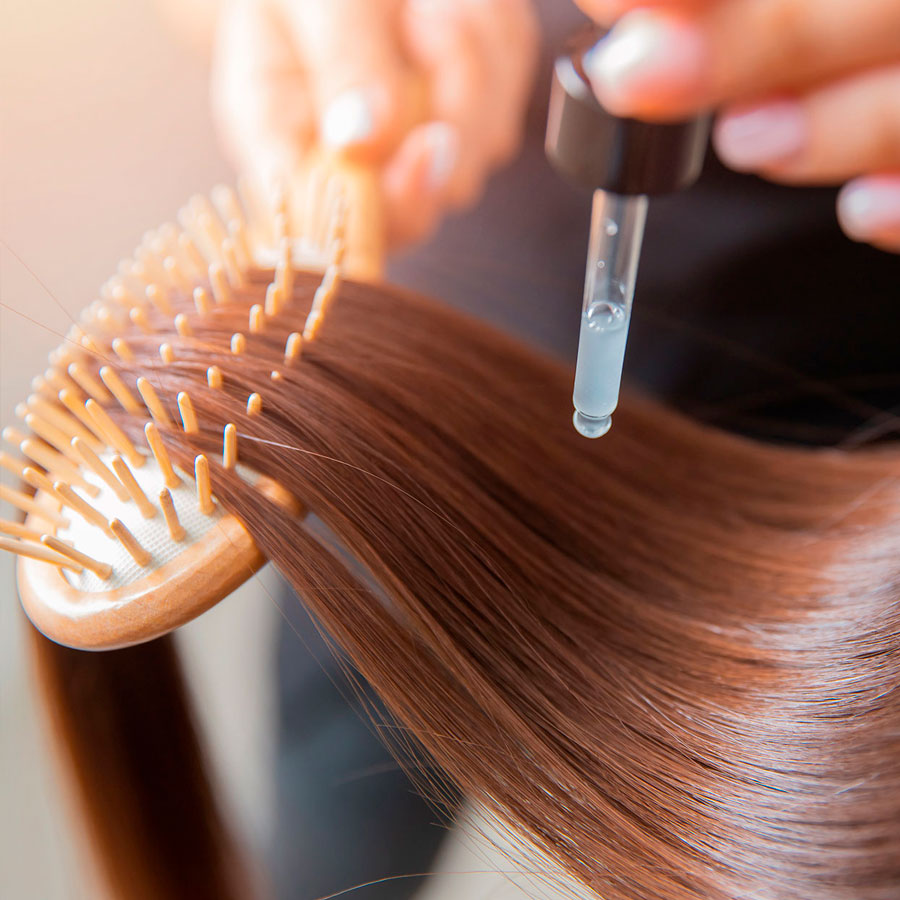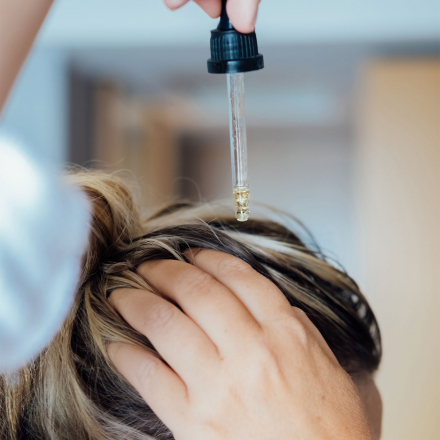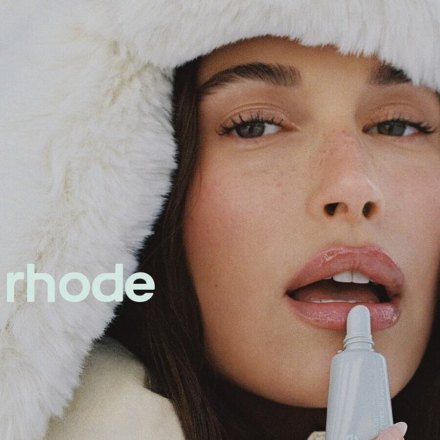Best Oils You Should Add To Your Nighttime Routine For Thicker Locks And Hair Loss Prevention
When it comes to addressing thinning tresses and shedding, hair oils may hold the key to a healthier, stronger head of hair.
When it comes to addressing thinning tresses and shedding, hair oils may hold the key to a healthier, stronger head of hair. Despite their common association with frizz-fighting and after-styling treatments, hair oils offer a wealth of benefits, including scalp nourishment and stimulation of hair follicle growth.
With countless options on the market, finding the right one for your unique needs can be overwhelming. Castor oil and rosemary oil have been found to be particularly effective for women with fine hair who are seeking to achieve fuller, healthier tresses.
Rosemary Oil
Rosemary oil works against the hair loss hormone DHT, which is often linked to thinning hair. The hairline and crown area are common places for thinning in women experiencing age-related hair loss. It is advisable to add a few drops of rosemary oil to a lotion, as lotion often absorbs more quickly into the skin than oil.
This solution should be used twice daily, without expecting to see results overnight. It may take at least six months to notice significant improvement. If you are unsure what type of hair loss you have, consider using more than one essential oil.
Castor Oil
Castor oil is a popular natural remedy for hair growth. It contains ricinoleic acid, which has anti-inflammatory and antimicrobial properties that can help improve scalp health and promote hair growth. Additionally, castor oil is rich in omega-9 fatty acids that are essential for healthy hair and skin.
It is important to choose a high-quality castor oil that is free of additives or impurities. Use it sparingly — a small amount goes a long way. You can apply a small amount of castor oil to your scalp and gently massage it in, leaving it on for 30 minutes to several hours before washing it out.
Conclusion
There are two main types of hair oils. Whether you notice hair loss or thinning or simply want to prevent it, the best approach is to incorporate two different types of oils into your routine. The first type is applied to the scalp to support scalp health and promote hair growth. The second type is applied to the hair strands to strengthen them and reduce breakage and split ends.
Ultimately, regardless of your choice between oil, lotion, or a combination of both, it is widely known that nourishing your scalp and dedicating extra attention to hair care can yield remarkable benefits, including combating hair loss and thinning.
Additional Hair Care Tips For Thinning Tresses
Avoid relying on any single product as a cure-all solution for your hair woes. While these two hair oils may be beneficial, they are merely a component of a comprehensive hair care routine. Remember to maintain a diet rich in vitamins and minerals. It is crucial to seek advice from a dermatologist or other healthcare professional to identify the root cause of hair loss and develop a personalized treatment strategy.
If you’re interested in trying oils for hair growth, I encourage you to do so, but remember to use them in moderation and in conjunction with other healthy hair practices.





















